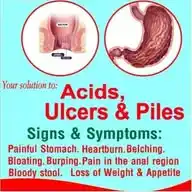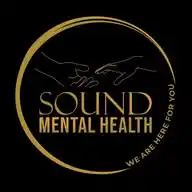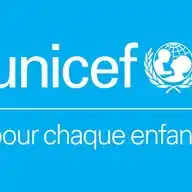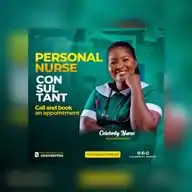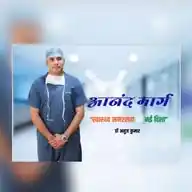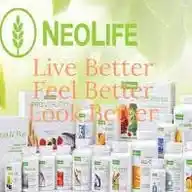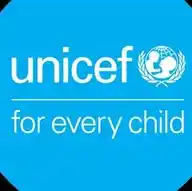
Unicef Health
5.3M subscribers
Verified ChannelSimilar Channels
Swipe to see more
Posts

One of the easiest ways you can keep your child safe from disease is to get them to wash their hands frequently. Washing hands can keep them safe from bacteria and viruses that can make them and others around them sick. Learn tips from UNICEF on how to turn handwashing into a healthy habit for life. 👉https://www.unicef.org/parenting/health/how-to-teach-your-kids-handwashing

Dr. Frederica Perera, Special Research Scientist and Professor at Columbia University, shares powerful insights on how pollution and climate change affect children’s health—starting as early as pregnancy. Drawing on decades of research, she highlights the urgent need to protect children during their most vulnerable stages of development. 🎥https://youtu.be/VevccPi1iGg 💻https://ceh.unicef.org/essentials/unique-vulnerabilities/pregnancy

What is maternal and neonatal tetanus? Tetanus is a deadly but preventable disease caused by bacteria entering the body through wounds or unclean delivery practices. It can be effectively prevented through timely immunization, quality antenatal care, and safe, supervised birth deliveries. Last week, Papua New Guinea launched a campaign to eliminate maternal & neonatal tetanus by 2027. UNICEF and partners are bringing vaccines, antenatal care and hope to women and children, with the first phase rolling out in seven provinces. This is a major moment for the country, one of the last 10 countries yet to eliminate MNT. Learn more: https://www.unicef.org/png/stories/png-launches-national-campaign-end-maternal-and-newborn-tetanus

Did you know that drowning is a leading cause of death for children and adolescents around the world? While playing in, on or around water can be fun for children, it can also present danger. Learn expert tips from UNICEF to help keep your family and children safe near and in water, such as: 👉 Teaching children swimming and water safety skills 👉 Installing barriers controlling access to water 👉 Getting trained in CPR (cardiopulmonary resuscitation) and basic water rescue skills ➡️Learn more: https://www.unicef.org/parenting/safety/drowning-prevention-tips

🌍 On World Environment Day, the warning lights are flashing red: diseases tied to pollution, climate change & toxic chemicals are rising. 🌎 Check out this powerful article on why children’s environmental health must be a global priority — their future depends on it. 🧒💚 👉 https://ceh.unicef.org/events-and-resources/stories/small-voices-big-stakes-why-childrens-environmental-health-must-be

Did you know that every day, almost 500 children lose their lives due to road traffic crashes – which is a child lost every three minutes. We UNICEF believe that every child should survive and thrive in a healthy and safe environment, and reduction of child road traffic injuries, deaths and environmental impacts are critical to achieve this aim. The new Global Status Report on Child and Adolescent Road Safety addresses critical road safety issues for children and adolescents. Read it here: https://www.unicef.org/reports/protecting-young-lives

What are some ways you and your family can stay safe from road traffic crashes and injuries while out and about? 👉 Stop, look and listen before crossing the road 👉 Be alert and watch out for hazards 👉 Find a safe place to cross Read more tips from UNICEF here: https://www.unicef.org/parenting/safety/road-safety-tips

We all have a role to play in promoting safe and sustainable transport for every child, everywhere. Together, we can advocate that governments: 👉 Implement speed limits of 30km/h where children walk to and from schools 👉 Create safe sidewalks and walking paths 👉 Promote safe vehicle standards to protect pedestrians and passengers, and more! For every child, safe roads! Learn more from the UNICEF Global Status Report on Child and Adolescent Road Safety: https://www.unicef.org/reports/protecting-young-lives

🧒🏽 Children’s unique metabolism, physiology, and developmental needs, make them the most vulnerable to climate change and environmental degradation. Early exposures can have lifelong impacts. 📖 The Fragile Beginnings series dives into the latest research on how children—starting in utero, at birth, during infancy and childhood and through adolescence—are uniquely affected by environmental hazards. Let’s protect the most vulnerable. Learn more: https://ceh.unicef.org/essentials/childrens-unique-vulnerabilities

What is HPV (Human Papillomavirus)? How is it connected to cervical cancer? HPV is the leading cause of cervical cancer. Getting vaccinated against it is the best way to protect yourself. Watch the video for more facts about HPV or the Human Papillomavirus.

